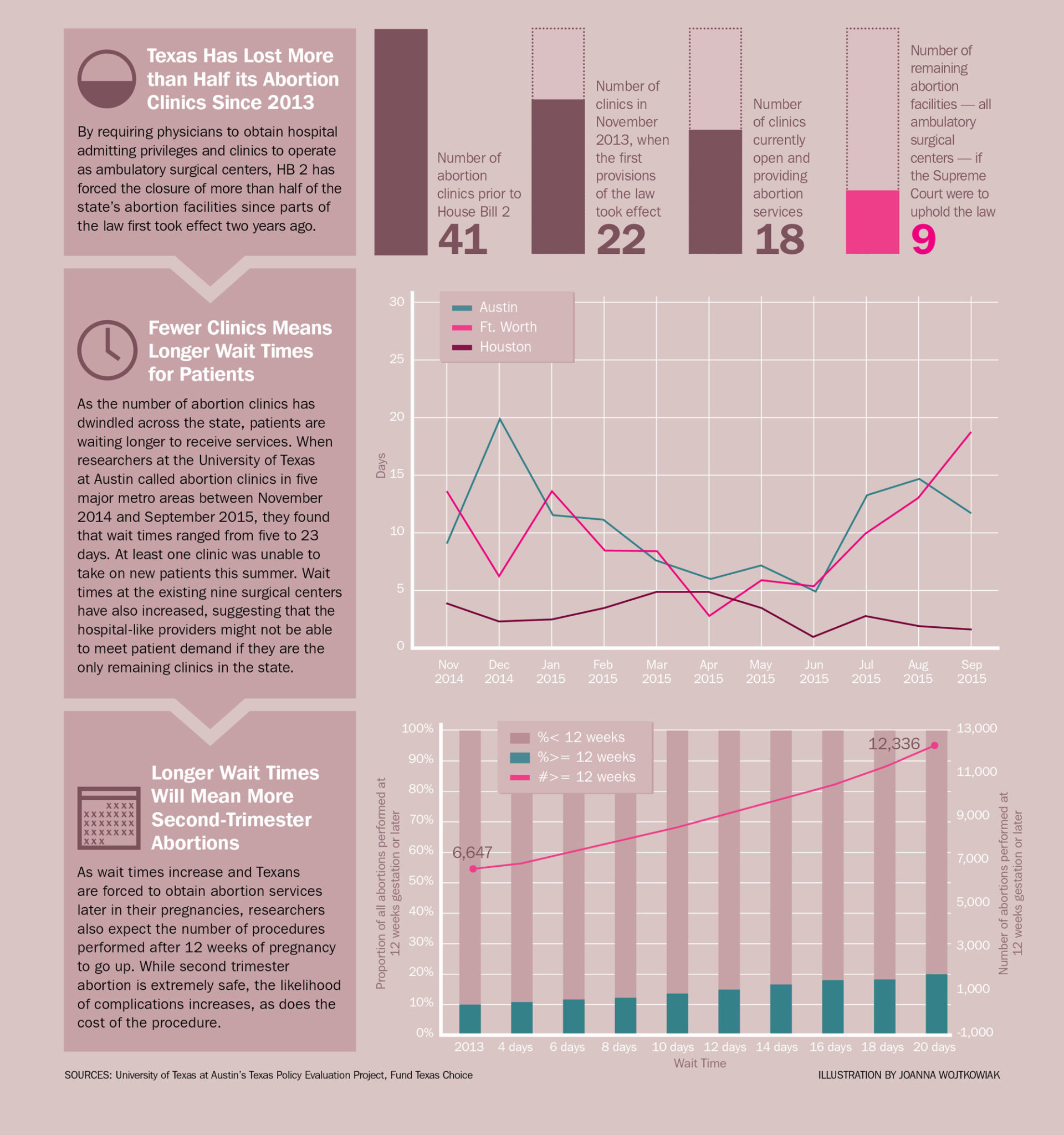
Coleman Seeks to Repeal ‘Stand Your Ground’ Law

Above: Rep. Garnet Coleman wants to repeal Texas' "Stand Your Ground" law.
Texas’ current self-defense law has put a target on the backs of men of color and needs to go, says Rep. Garnet Coleman (D-Houston). Coleman filed a bill Thursday that would repeal Texas’ so-called “Stand Your Ground” law, which allows the use of deadly force wherever and whenever citizens perceive a threat to their personal safety or property.
The proposed legislation, HB 1627, would not affect the “Castle Doctrine” that permits deadly force in defense of one’s home. Coleman’s bill also specifies situations in which deadly force could still be used outside the home, such as to prevent kidnapping, murder, or sexual assault, or if a person has no ability to escape from harm.
Under current law, citizens have no duty to retreat if they believe they are in danger, but Coleman’s bill requires that a person avoids or flees a dangerous situation if he or she can safely do so. As an example, Coleman referenced the controversial Joe Horn shooting case in Pasadena, Texas. In 2007, shortly after Texas’ “Stand Your Ground” law passed, Horn shot and killed two men who were burglarizing his neighbor’s house. Emergency dispatchers told Horn to leave matters to the police, but Horn was familiar with the new law, and was eventually cleared by a grand jury. In this case, Horn could have safely avoided the situation.
“I’ve never seen anybody get the death penalty for burglary,” Coleman said. “We can’t have citizens becoming the judge, the jury, and the executioner in these circumstances.”
Under current law, an individual doesn’t have to see a weapon to perceive a threat. A perceived threat—like a person dressed a certain way—could turn out to be no threat at all, but you could be acquitted for killing that person as long as you thought that maybe, possibly, that person was going to hurt you or steal your property.
Coleman says that people’s perception of a threatening situation is distorted by the opinions they already have and that people are conditioned to believe that certain people, especially black men, are there to hurt them.
“Shooting them because they perceive that that individual is going to hurt them, and having that be legal under the law, is just not appropriate,” Coleman said.
A 2012 Texas A&M study found that “Stand Your Ground” laws do not deter burglary, robbery, or aggravated assault, and that the number of homicides has significantly increased in the 20 states that have passed these laws, including Texas. Since 2007, the average annual number of “justifiable homicides” in Texas rose by 54 percent, according to a 2013 report published by Mayors Against Illegal Guns.
Coleman says the law has effectively given people the license to shoot first, ask questions later, with “an affirmative defense.”
Attempts to repeal or modify “Stand Your Ground” in Texas have failed during previous legislative sessions, and Coleman doesn’t seem to think that his bill will have a different fate. But he says he doesn’t give up on an issue like this just because there isn’t a lot of support.
“This is about creating an understanding of why something doesn’t work,” Coleman said. “Sometimes it takes time.”


